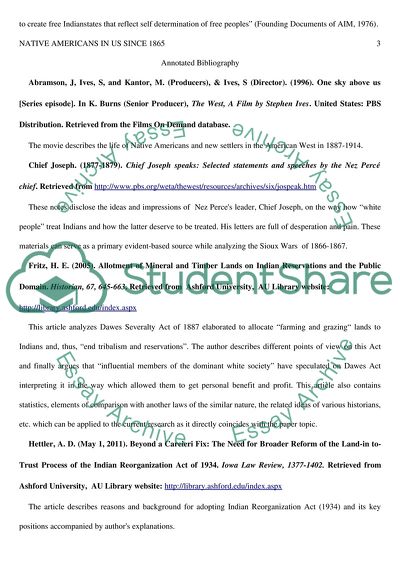

Sliding scale can include (among other options) mandatory provision (GPL v2), mandatory provision and reuse (v3’s tivo clauses), or no such (BSD.)
#Rough draft definition software#
source access: as noted in the Free Software definition, this is a precondition for all other user rights.Sliding scale includes not having any data access (many web services), having access to the data, but only as a binary blob (most end-user proprietary software), or having access to the data stored in standardized or otherwise open formats. DRM falls into this area- the software or hardware takes away your data access, and hence deprives you of the user rights. As a result, this is implied by the Free Software Definition and yet not protected by the GPL (even v3). data access: taken for granted until recently because our data has always lived on local drives, or on servers we controlled.If these preconditions are not met, then you can’t meaningfully achieve the rights listed below or the goals listed above: I’m not entirely sure yet that direct contribution and ecosystem participation are really all that different in practice, but it seems they might be (particularly in an online context) so I’m keeping them separate for now. And of course the Open Source/Free Software split was precipitated in part by an increased emphasis on ecosystem participation and decreased emphasis on user freedom. For example, when in doubt the FSF favors user freedom, which means much stricter restrictions on redistribution than might otherwise be ideal for direct contribution when in doubt Linus favors contribution and ecosystem participation and hence prefers GPL v2 to v3. May include network effects and stickiness (both as a benefit and detriment.)Įvaluating these criteria differently will result in different values for the next two categories (preconditions and rights).

e.g., application development or API consumption. Includes the free rider problem and possibly other collective action problems as well.

I present here a rough draft of a framework for evaluating such a definition. As Havoc mentioned, I’m putting in some time on thinking about what an Open Service Definition (to parallel the Open Source and Free Software Definitions).


 0 kommentar(er)
0 kommentar(er)
